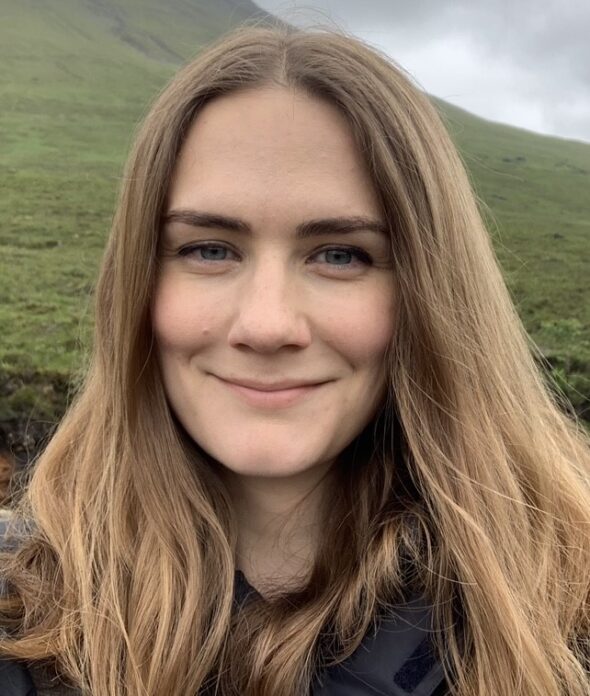Interviewer:
Wow, that’s beautiful. So you’ve kind of touched a little bit on the intergenerational aspect of One Tower Bridge Road. Can you explain a little bit about what that means in the context of this charity and how an intergenerational charity is helpful to different generations?
Rosie Durham:
Yes, of course. I think intergenerational work is so important. That’s why my sister set up a charity dedicated to it. And I think it’s easy to just think of it as younger people like me going into care homes and helping lonely people with dementia. And of course there’s an aspect of it that you’re there to support people. But, I think it’s really important to kind of think of it as like a reciprocal thing because it’s not just me helping them, it’s actually them helping me. Because if you are chatting to someone who’s in their seventies, eighties, nineties, they’ve lived their life, they’ve seen stuff, they have a really fresh perspective on things that I don’t have. So I actually genuinely got a lot out of it myself since 2015.
I also signed up with, it was the Silver Line at the time, but it’s now Age UK where I do a weekly phone call with an older person. And we’ve now been chatting for nine years and I speak to her every week and she’s 96 and I had no idea it was going to last nine years when I signed up. But again, she’s 96, I’m now 41 – I was 32 when I started. You wouldn’t think we would have that much in common. And yet, every single week we manage to talk about something and, yes, she’s 96, but sometimes when we’re talking, I feel like I could be chatting to a friend or someone who’s just exactly my age. It just made me realize I think it’s really easy to think of older people as very different.
Whereas I think most older people will say they feel like a 15-year-old inside. I don’t think anyone ever really feels like a grownup. And it’s not really until different generations spend time together on a real human level that you start to realise that. I think it’s really important to kind of break down those barriers and just realise that deep, deep down everyone’s the same. And I think yeah, I can learn from them, they can learn from me, I can get different perspectives on things and I think it helps keep older people young if they’ve got younger generations to deal with. And as I said, I think younger generations can kind of learn from people who’ve been there before. We all like to think that the world changes. I don’t really think it does. I think ultimately people are the same no matter what generation they’re in.
